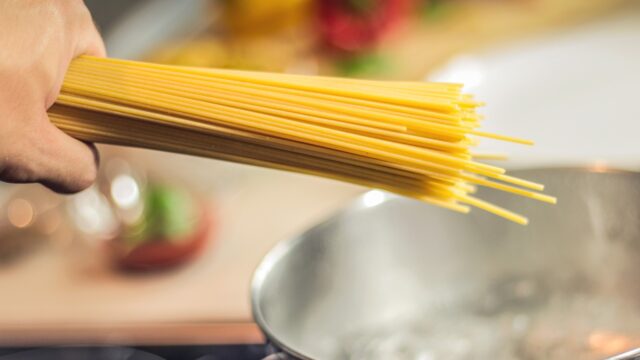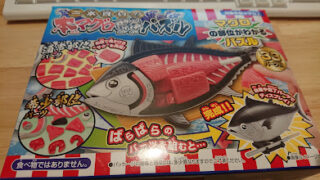ちゃんぽん麺焼き麺に変身 Transforms into Champon noodles fried noodles
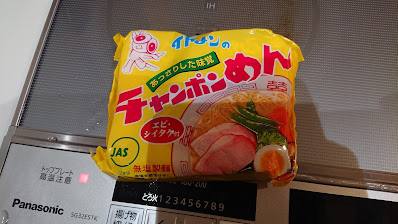
前回出前一丁で焼き麺を作りました。
Last time I made fried noodles with just a delivery bag.
今回はチャンポンめんで挑戦です。
This time I will try Champon noodles.
いざ!
Here we go!
目次
作りましょう Let’s make it
フライパンに水を入れます。
Add water to the frying pan.
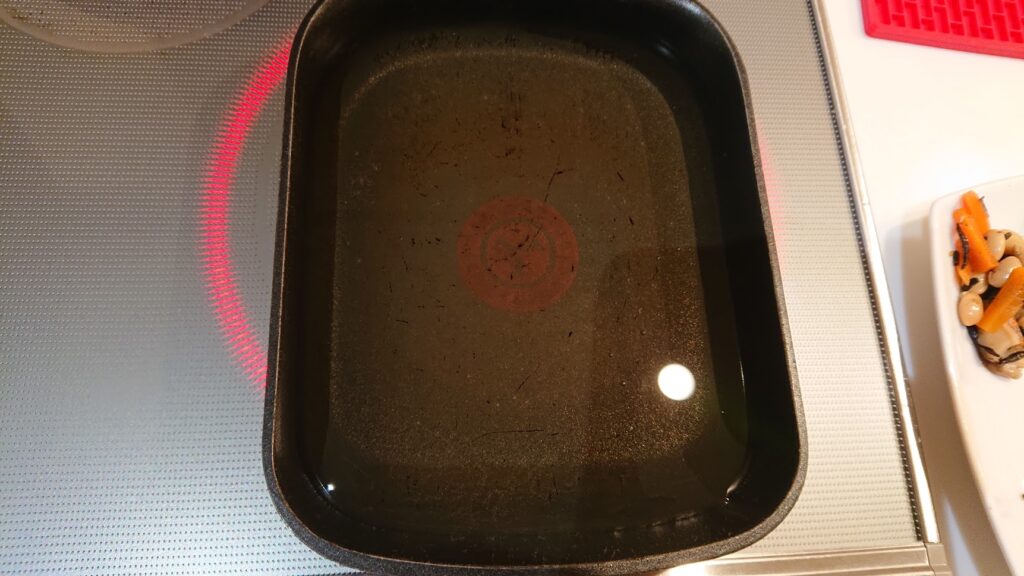
沸騰させます。
Bring to a boil.
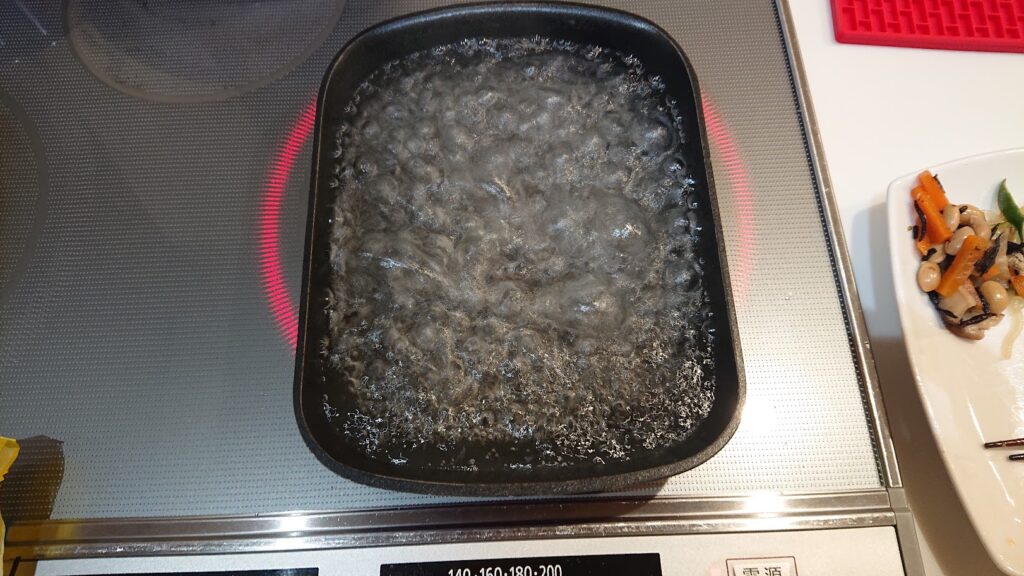
麺とかやくを入れます。
Add the noodles and toppings.
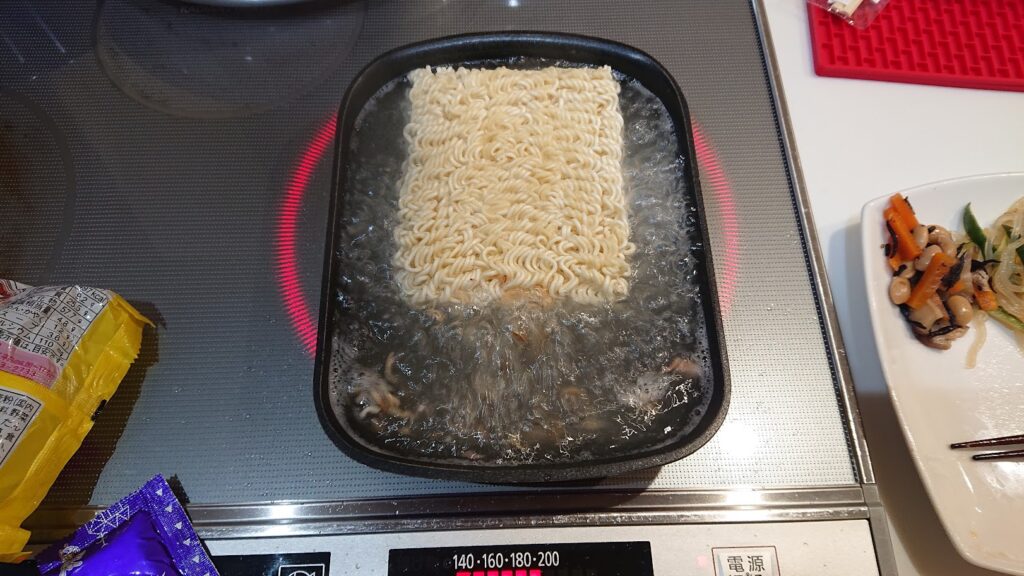
3分後フライパンのお湯を捨てます。
After 3 minutes, drain the hot water from the frying pan.
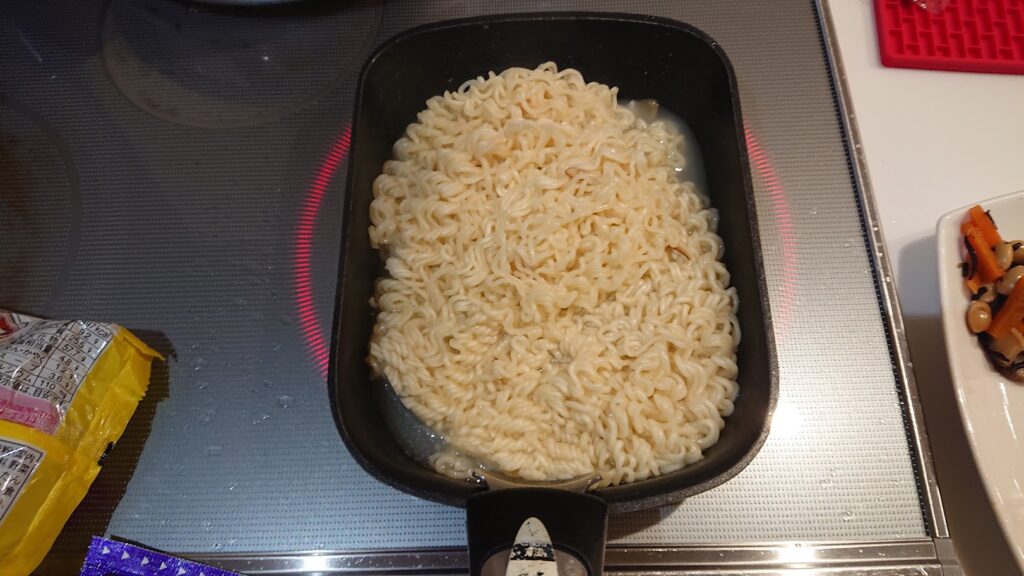
粉末ソースを入れて混ぜます。
Add the powdered sauce and mix.
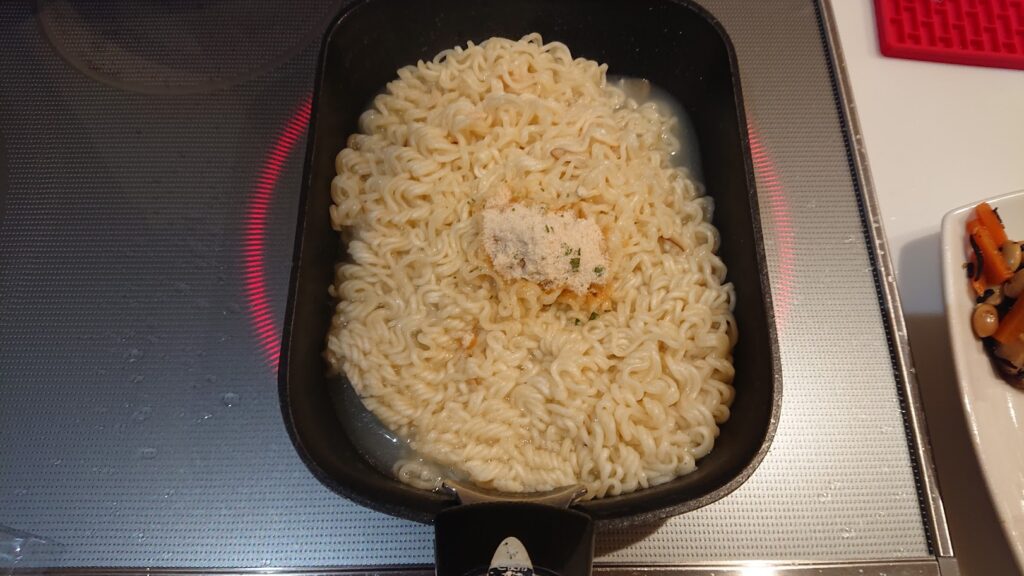
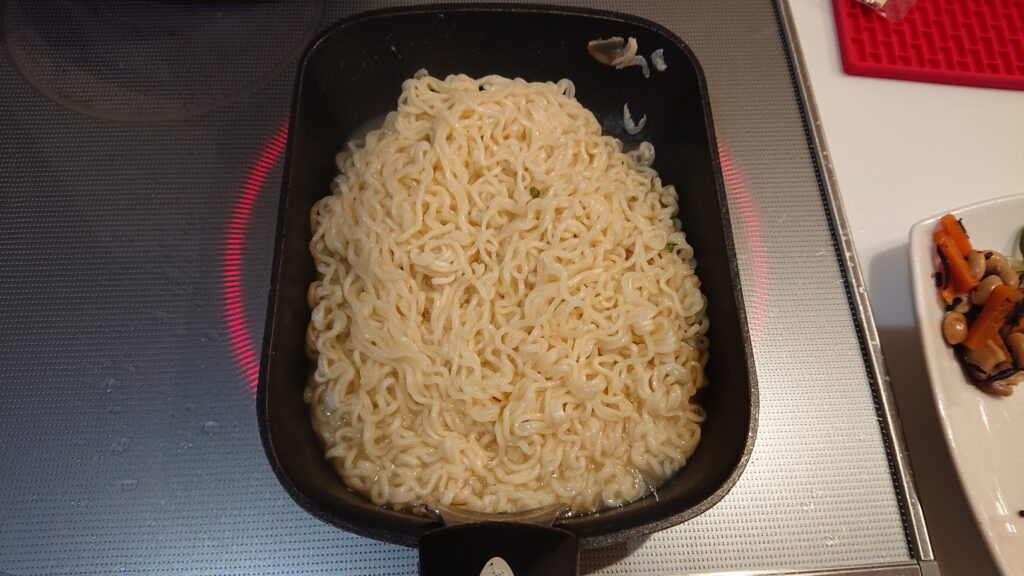
油を入れて炒めます。
Add oil and fry.
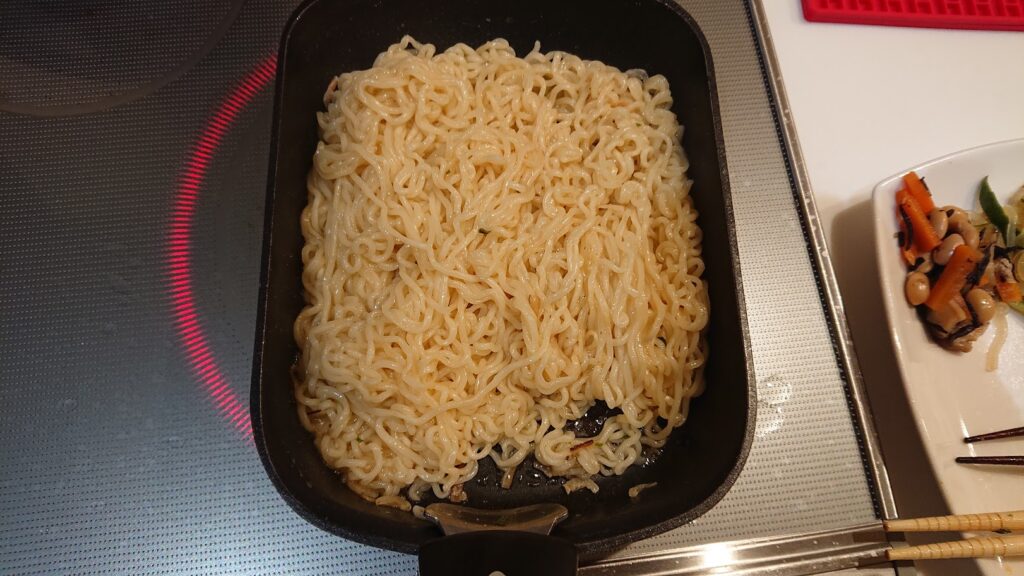
少しおこげを作ったら完成です。
Once it’s slightly browned, it’s done.
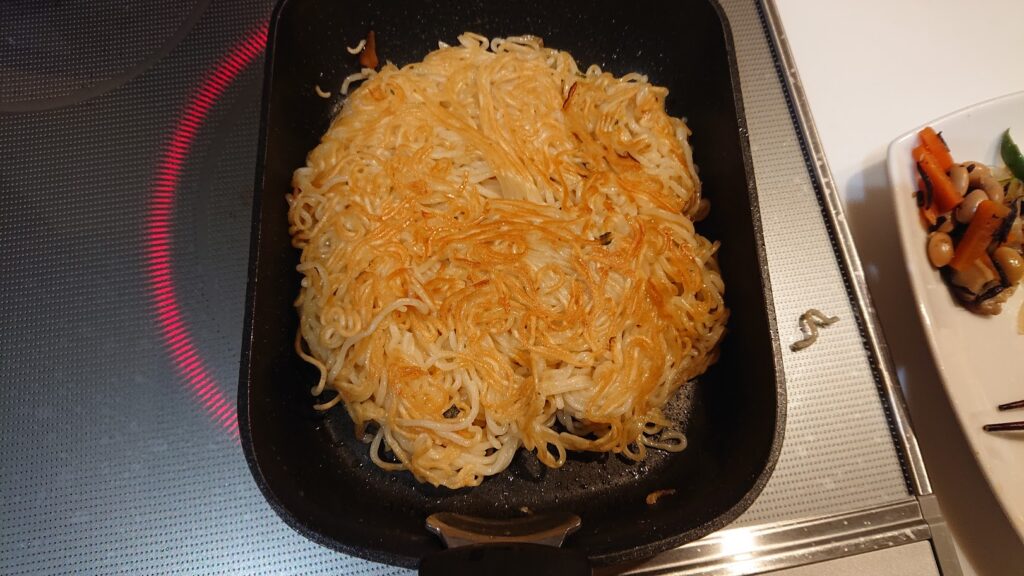
皿に盛ります。
Arrange on a plate.
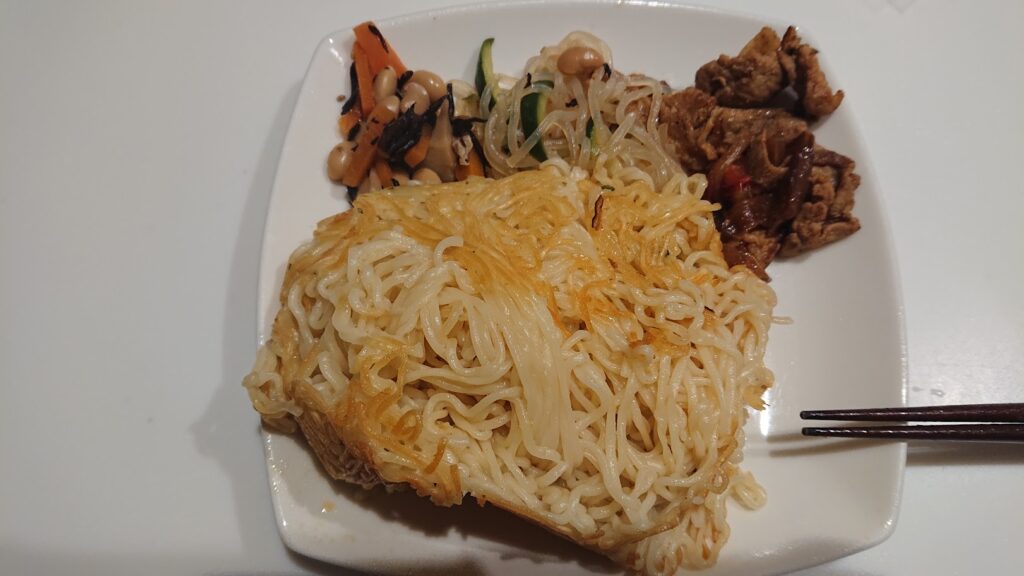
食べます。
eat.
お味の方は For the taste
粉末スープを入れすぎたため
味が濃すぎました。
The taste was too strong because I added too much powdered soup.
やはりスープの粉は3分の2ぐらいに抑えておく必要があります。
After all, it is necessary to limit the amount of powder in the soup to about two-thirds.
この失敗を考慮しても
断然普通にらーめんとして食べたほうがおいしいです。
Even considering this failure, it is definitely more delicious to eat as normal ramen.
焼き麺にして食べると塩焼きそばって感じになります。
In my opinion, when you eat it as fried noodles, it tastes like salt-yakisoba.
ただ、チャンポンめんのまろやかさがほとんどなくなってしまいます。
However, the mellowness of Champon noodles will be almost gone.
あまりチャンポンめんという感じがしないので
次回からは普通にラーメンで食べたいと思います。
It doesn’t really taste like champon noodles, so next time I’d like to eat it as regular ramen.
関連記事↓
Related articles↓
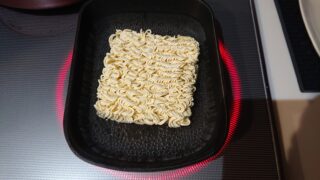
Memo: Champon noodles
Champon noodles are a local dish of Nagasaki Prefecture.
There are two characteristics of Champon noodles.
Contains a rich variety of ingredients such as pork, vegetables, and seafood.
It involves boiling thick noodles in a rich soup.
I think everyone has questions.
What is champon in champon noodles?
I looked it up.
There are multiple theories about the origin of the word
It seems that there are various theories.
Let me introduce you.
Chinese origin
There are also three words of Chinese origin.
One theory is that it is a combination of “chan", which means to mix anything, and“pung”,which means to boil something.
It seems to be similar to the Okinawan dish chanpuru.
The second theory is that the word “syanpon”, which means simple rice, has become corrupted.
The third theory is that it evolved from the Chinese dialect word “seppon,” which means to eat rice.
Portuguese origin
There is a theory that champon is a corruption of the Portuguese word for mixing.
feel of sound
There are two theories regarding the feel of the sound.
The first theory is that it is a combination of “chan” and “Pon”, which were used by Chinese and Japanese people at the time.
The second theory is that “shan” and “pon” are a combination of the sound of a Chinese musical instrument, the bell, and a Japanese musical instrument, the drum.
There are so many theories about the origin of just one word.
I’d like to hear from the person who actually named it first.









